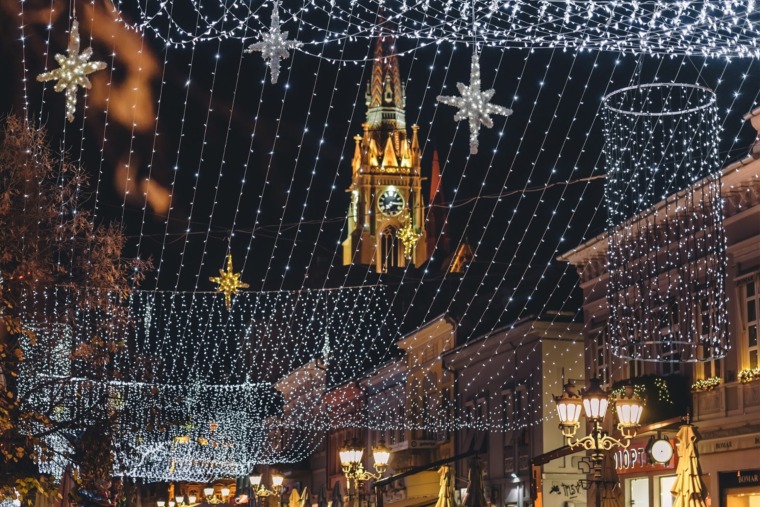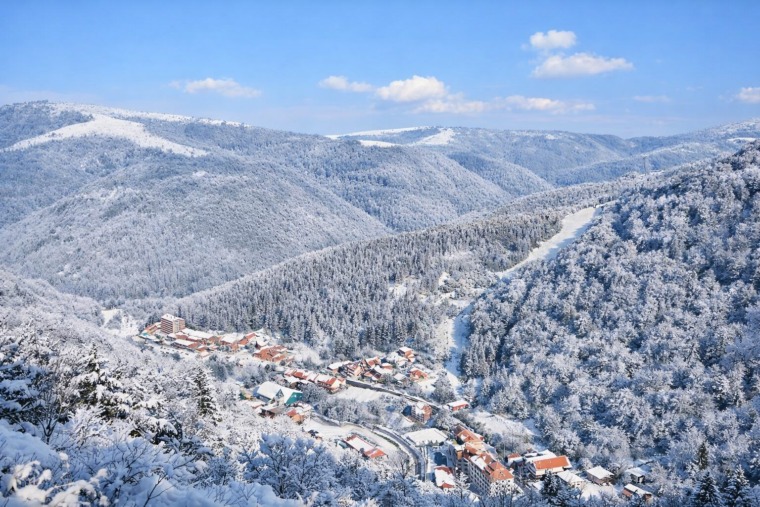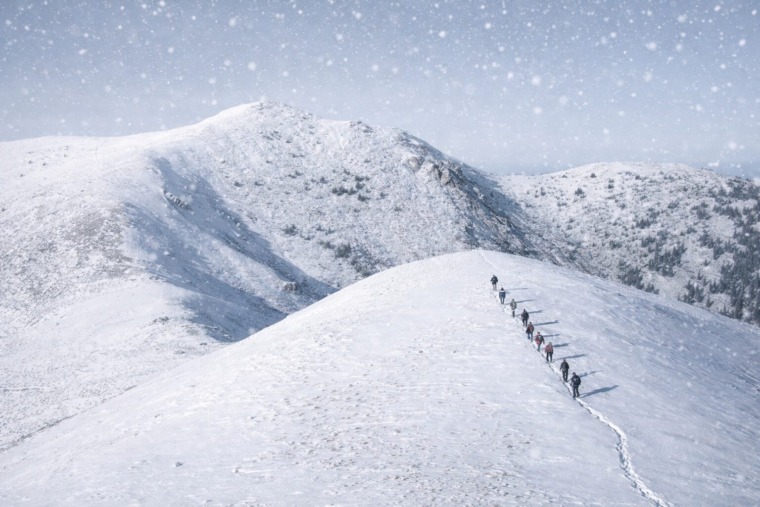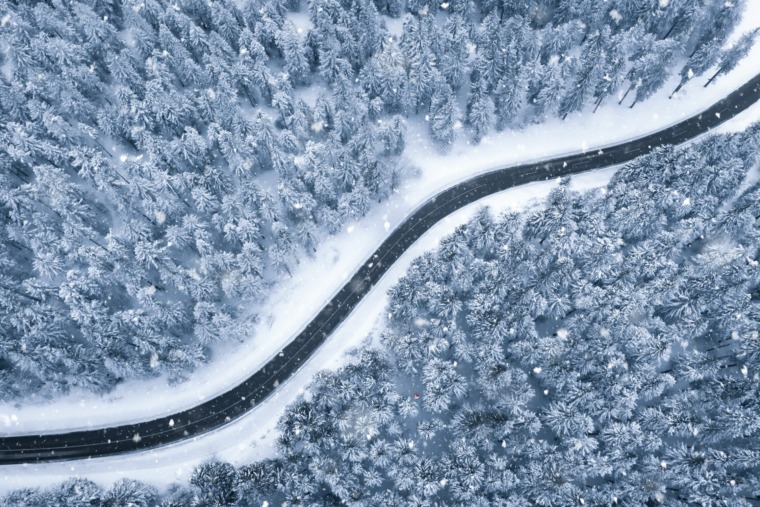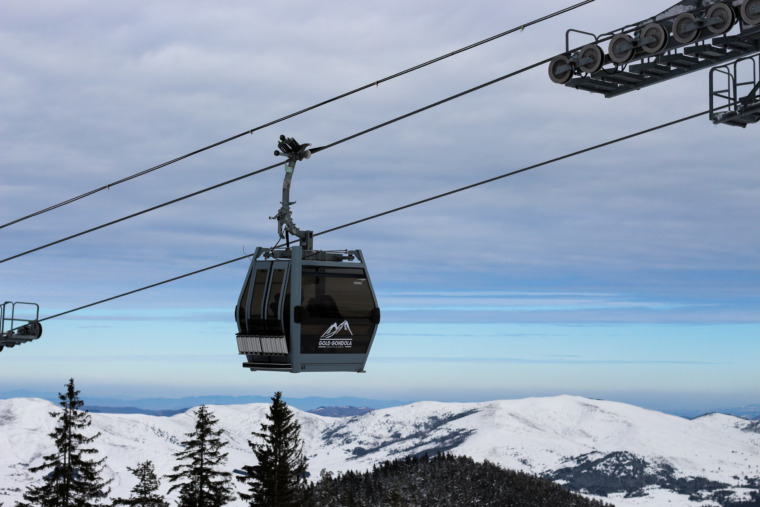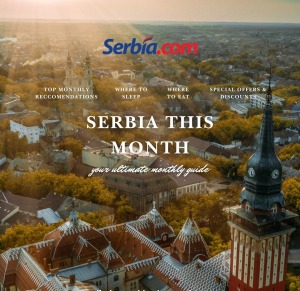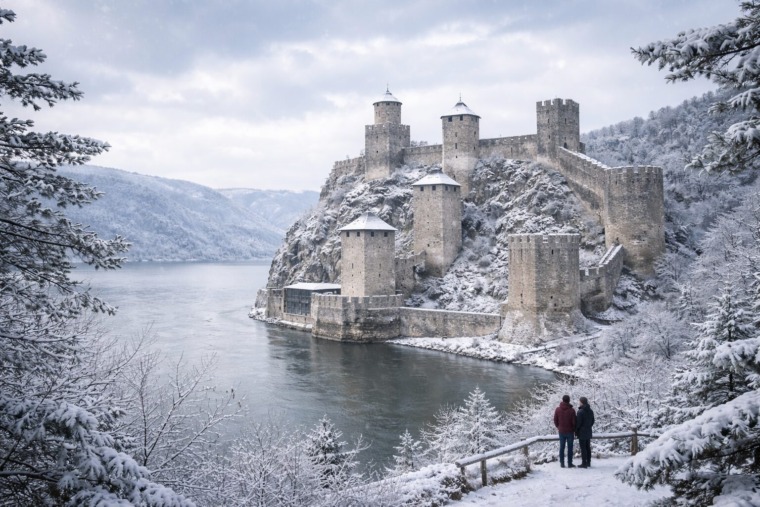
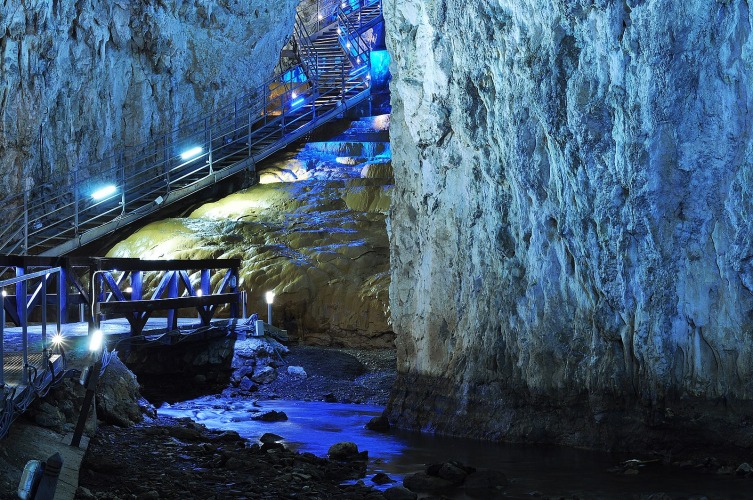
While the summer sun blazes above, Serbia offers something completely different – cool, silent worlds sculpted over millions of years. Serbian caves are not just natural wonders. They are time machines, museums without walls, silent keepers of legends, fossils, underground rivers, and pristine beauty. A true adventure awaits anyone who dares step inside.
1. Resava Cave – Serbia’s Underground Classic
The most famous and visited cave in Serbia, Resava Cave is a true gem of Eastern Serbia. Discovered in 1962 and opened to the public in 1972, the cave stretches about 4.5 km, with 800 meters accessible for tourists. Its impressive interior features thousands of stalactites, stalagmites, cave columns, natural “waterfalls” of limestone, and shapes resembling animals, castles, and fairytale figures.
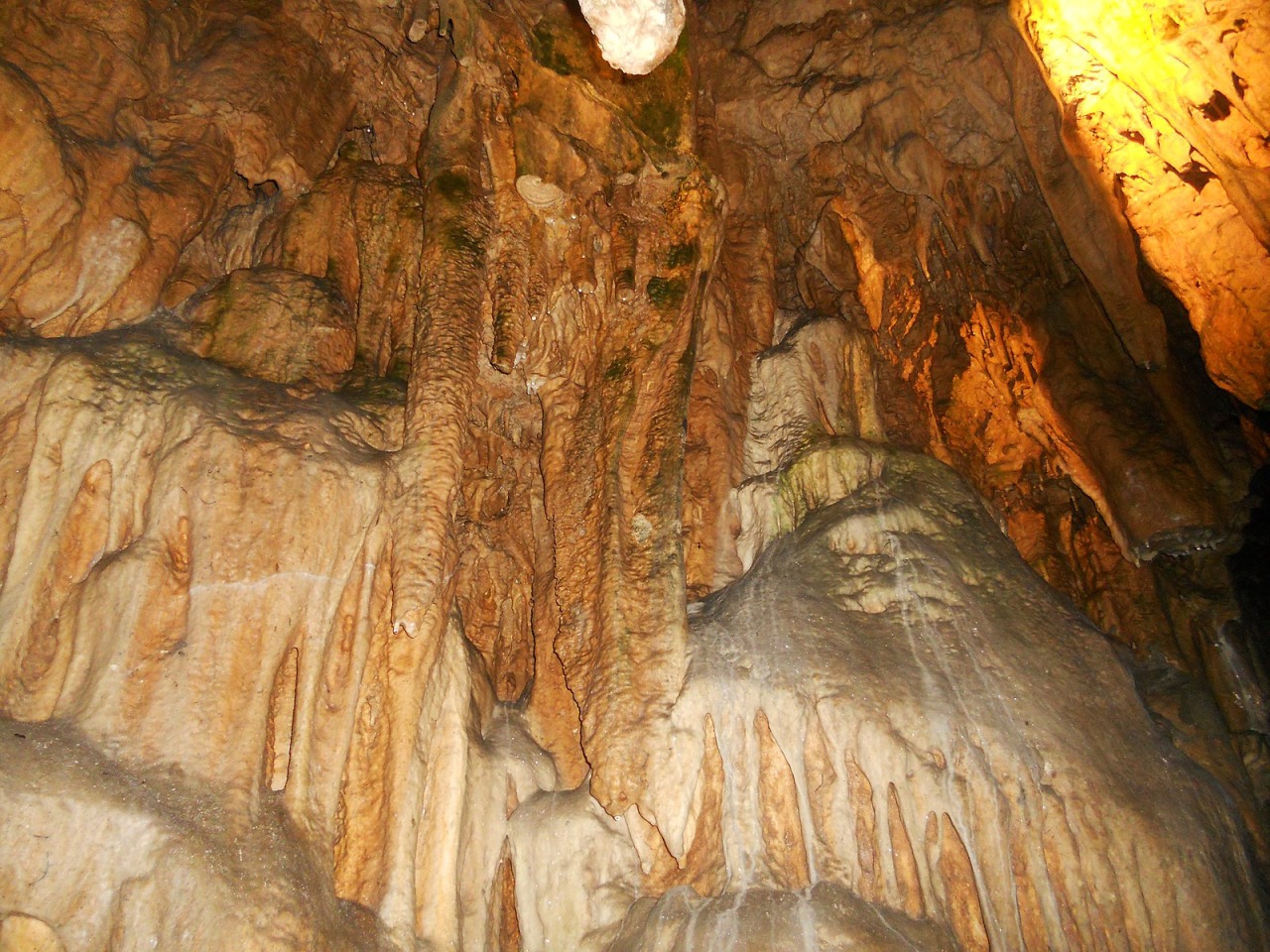
Did you know? The formations inside the cave are between 45,000 and 80,000 years old. The temperature stays at a constant 7°C (44°F), making it an ideal summer refuge.
2. Rajko’s Cave – Treasure of the Hajduk Hills
Named after the legendary outlaw Rajko, who allegedly hid stolen gold here, Rajko’s Cave lies near Majdanpek. It features both a “dry” and a “wet” section, with the underground Rajkova River flowing through it. Lit by changing colored lights, the calcite formations create an almost surreal underground landscape. A 45-minute guided tour reveals a world of crystal structures and echoing chambers.
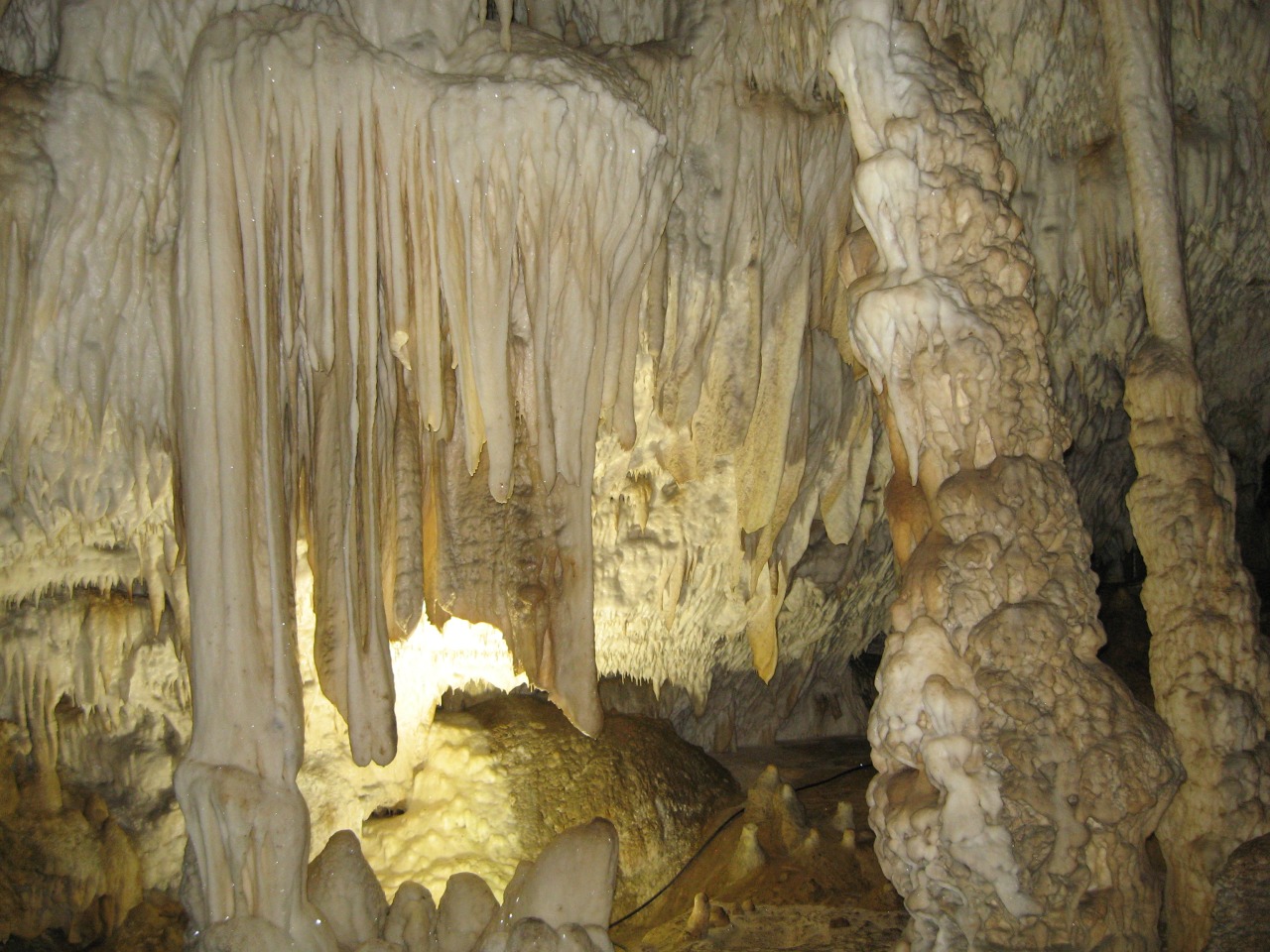
Interesting fact: Archaeologists have discovered remains of prehistoric humans and cave bears in the cave.
3. Stopića Cave – A Water-Carved Marvel near Zlatibor
📍 Zlatibor
Stopića Cave, easily accessible from the tourist hub of Zlatibor, is famous for its cascade-like limestone tubs, called bigrene kade, filled with water and perfect for photography. With an 18-meter-high entrance, the cave offers wide chambers, an underground waterfall, and a stream flowing through its base. It’s an ideal destination for families and casual visitors.
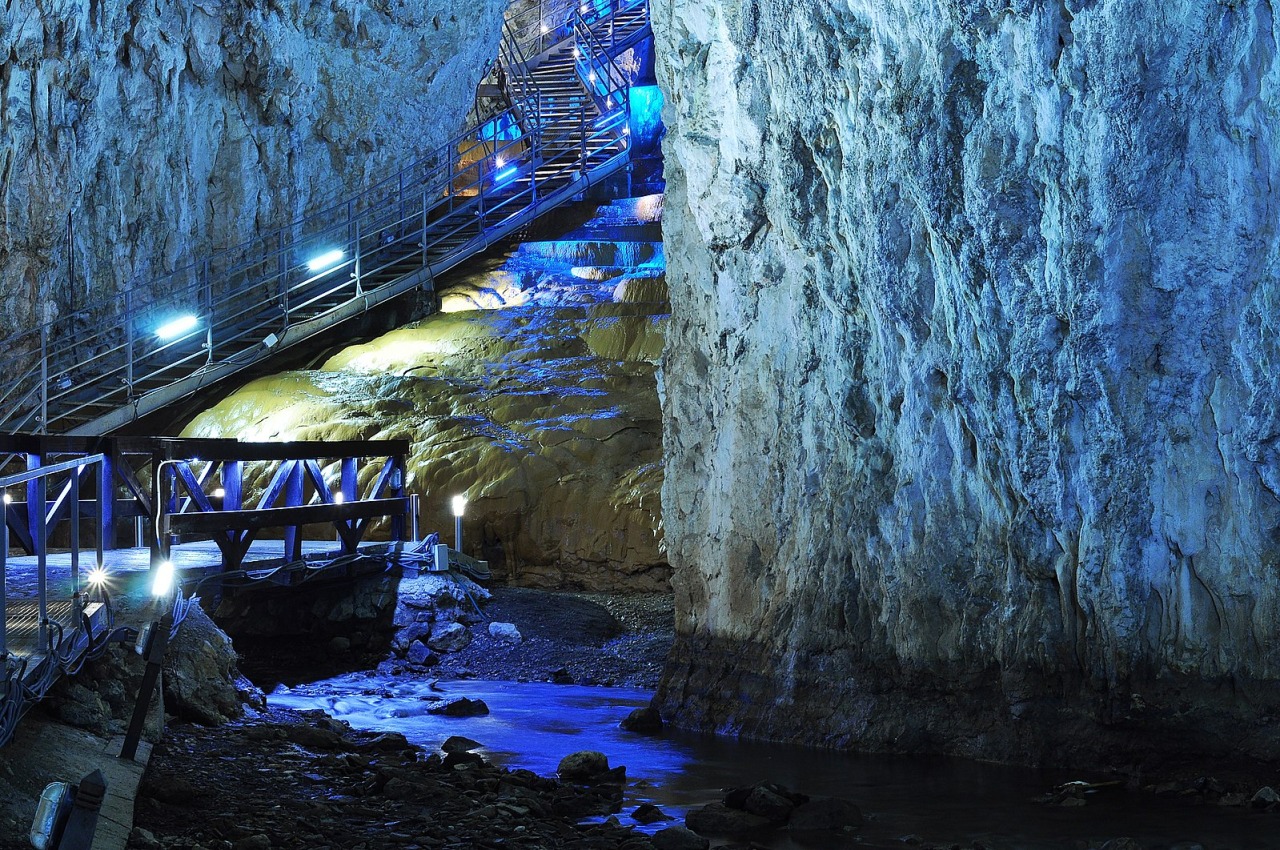
Perfect day trip: Combine your visit with nearby attractions like Sirogojno Ethno Village and Gostilje Waterfalls.
4. Potpećka Cave – A Monumental Entrance to the Past
📍 Potpeće, near Prijepolje
Potpećka Cave boasts the tallest cave entrance in Serbia – a stunning 50 meters high! Located at the foot of Mount Jadovnik, this cave is steeped in legend, including tales of Saint Sava seeking refuge inside. Though only a portion is open to visitors, the interior features grand halls and elegant limestone decorations. A panoramic viewpoint and staircase lead you to the majestic entrance.
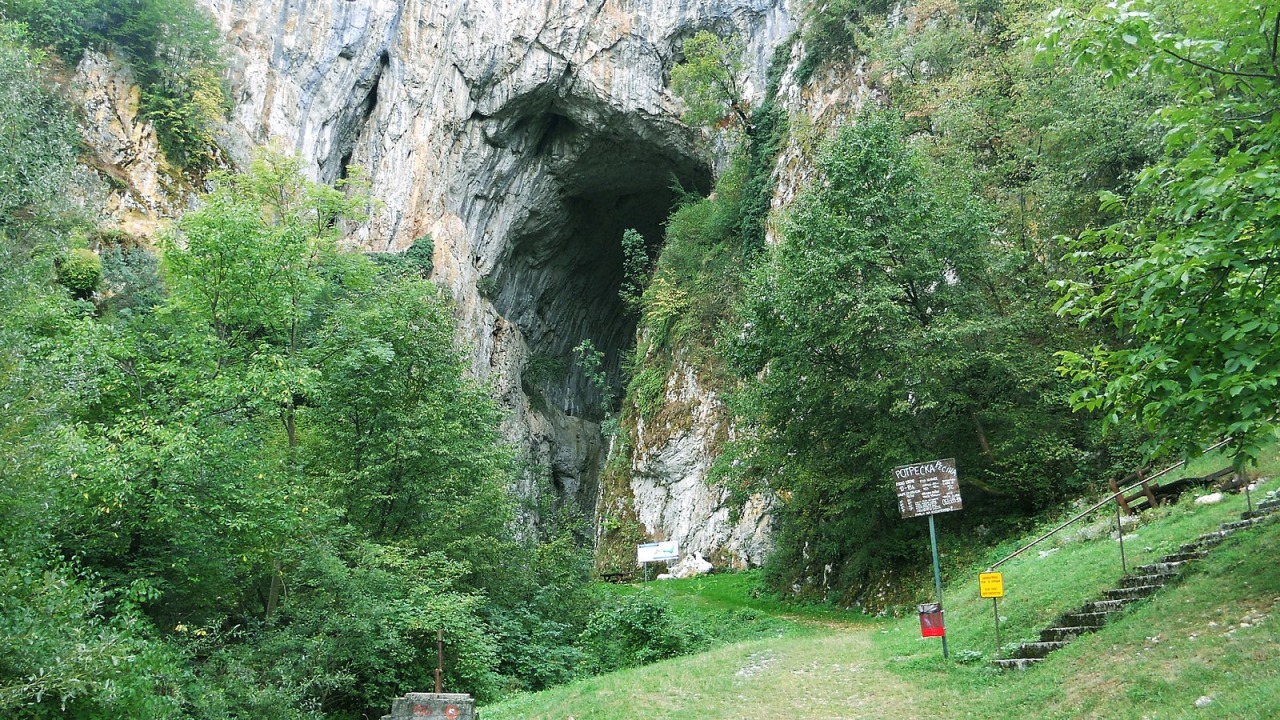
Did you know? Archaeological findings from the cave date back over 10,000 years.
5. Cerje Cave – Wild Underground Beauty for the Brave
📍 Near Niš, Cerje village
Cerje Cave is one of Serbia’s longest, with more than 6 kilometers of explored passages. It is not fully developed for tourism, making it a dream destination for adventurers and speleologists. With underground streams, waterfalls, massive galleries, and bizarre formations called “peppers” and “cauliflowers,” it offers an authentic, untouched subterranean experience.
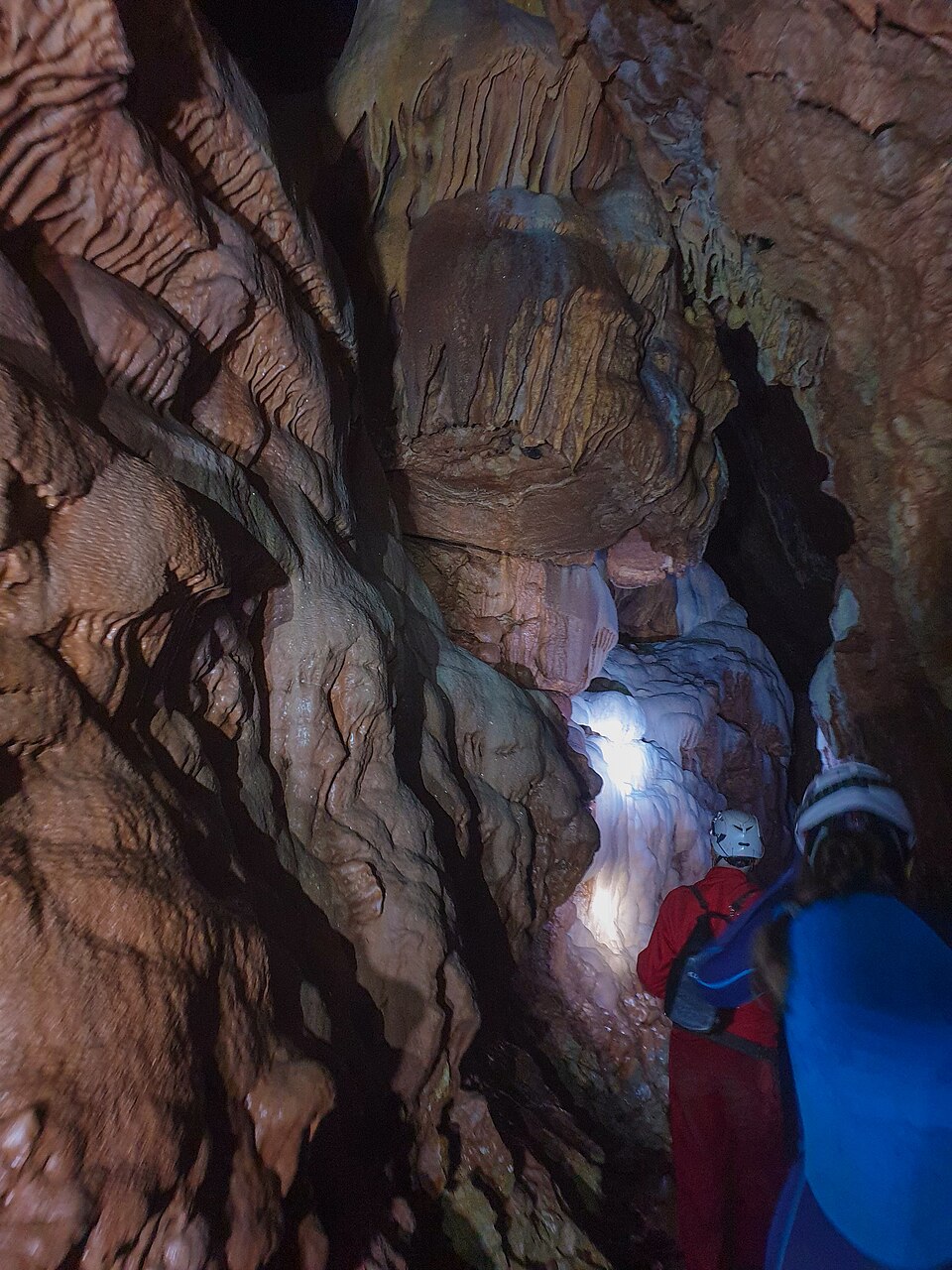
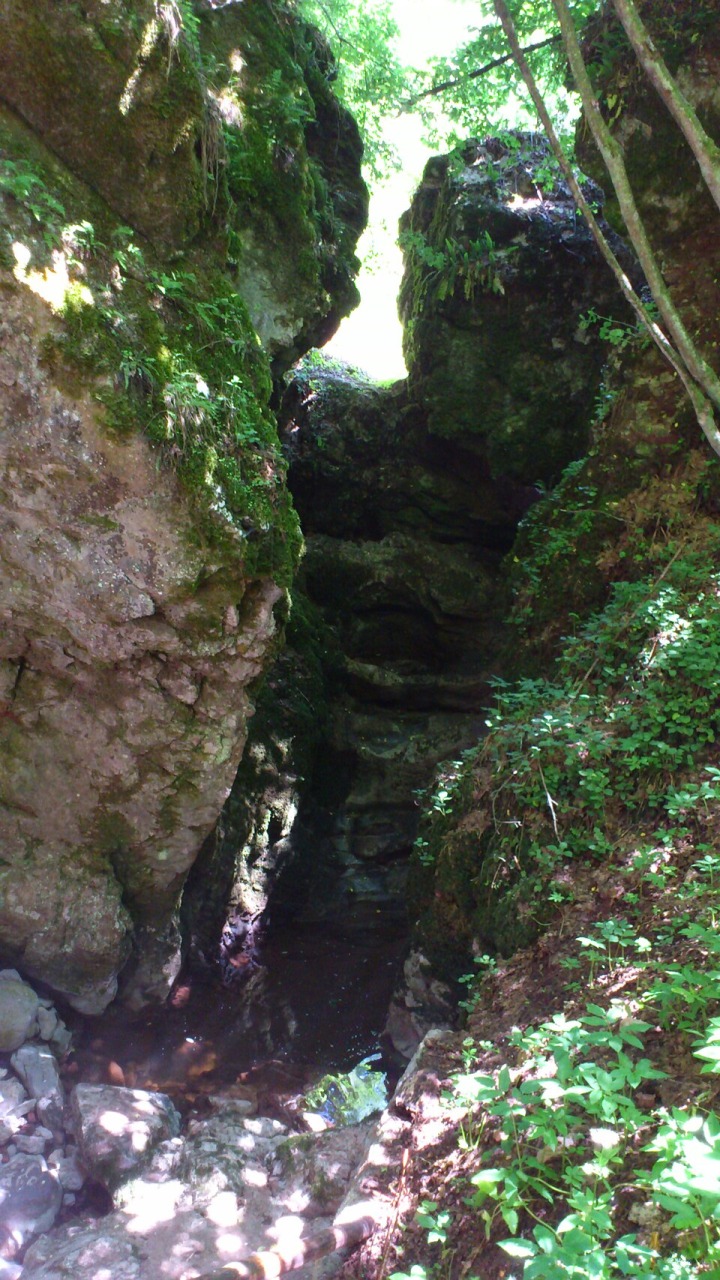
Note: Visits require a guide and proper equipment. It’s a hidden gem for true explorers.
6. Ravništarka Cave – A Hidden Jewel near Sokobanja
📍 Near Sokobanja
Though less known, Ravništarka Cave is a peaceful and beautiful location ideal for a summer visit. Well-maintained paths take visitors through decorated chambers rich in geological formations. Nearby, the famous Lazar’s Cave (Lazareva pećina) adds to the area’s appeal, making it perfect for a nature-packed excursion.
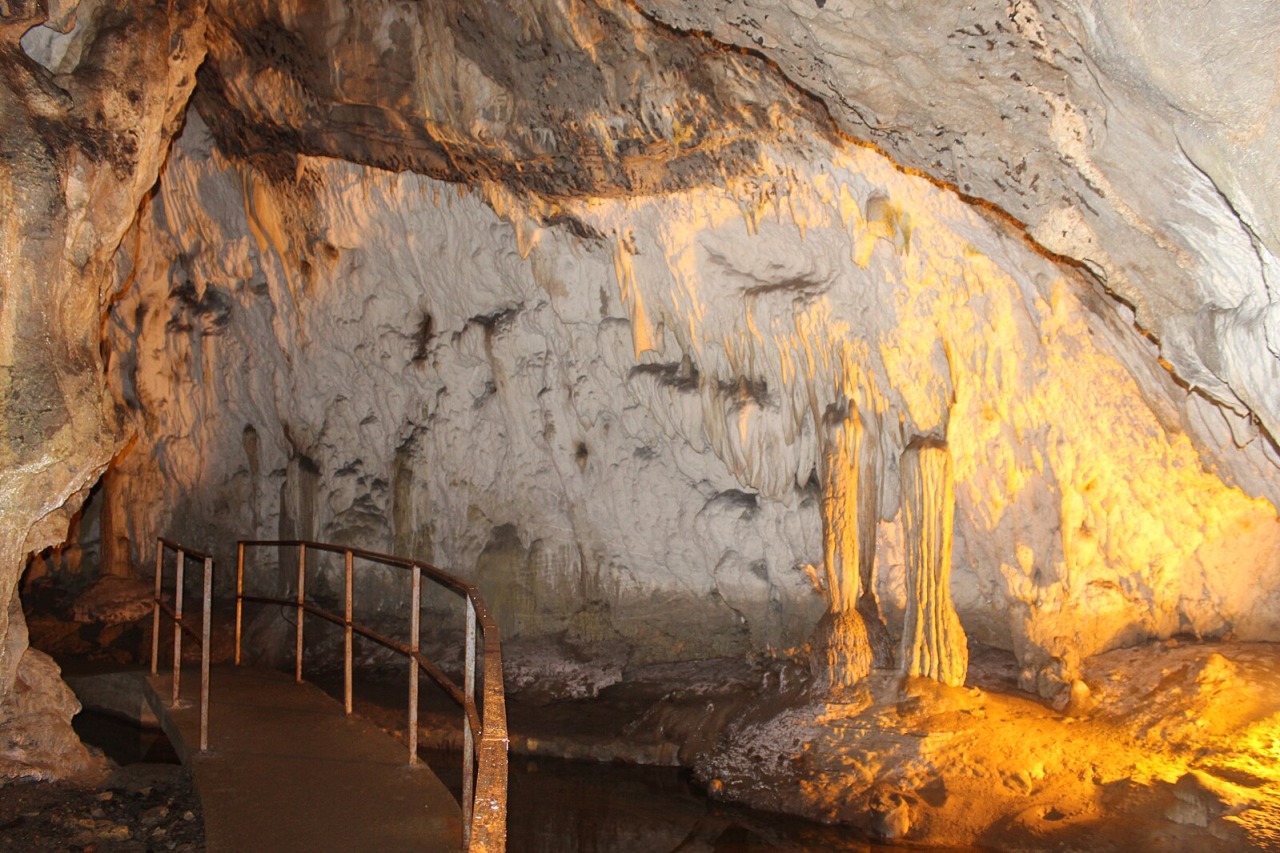
Recommended combo: Hike to the cave and relax afterwards in the spa town of Sokobanja.
7. Petnica Cave – Cradle of Science and Prehistory
📍 Petnica, near Valjevo
Petnica Cave is one of Serbia’s most significant prehistoric sites. Archaeologists have found tools and human traces from the Paleolithic era. It’s also located near the renowned Petnica Science Center, which hosts young researchers from around the world. A visit to the cave offers a glimpse into both ancient history and modern science.
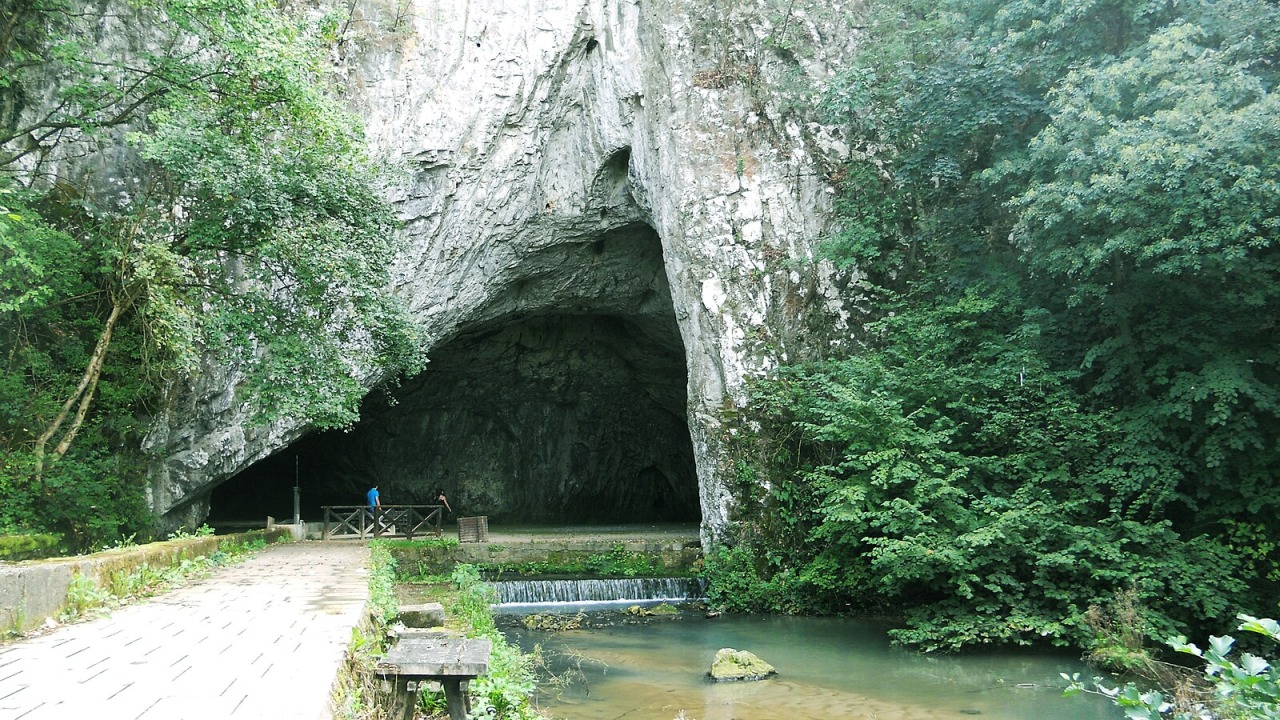
Ideal for educational tourism: Great for families, students, and anyone curious about Serbia’s deep past.
🧭 Why Visit Serbian Caves This Summer?
- Natural air-conditioning – constant cool temperatures
- Stunning visuals for photos and videos
- Rare species and ancient formations
- A mix of adventure, education, and awe
🎒 Tips for Visitors:
- Bring a light jacket – temperatures are around 7–12°C (45–54°F)
- Wear non-slip, comfortable footwear
- For lesser-known caves, contact the local tourist organization
- Do not touch the cave formations – they’re delicate and irreplaceable
- Respect the silence and rules of the underground world
Related Articles

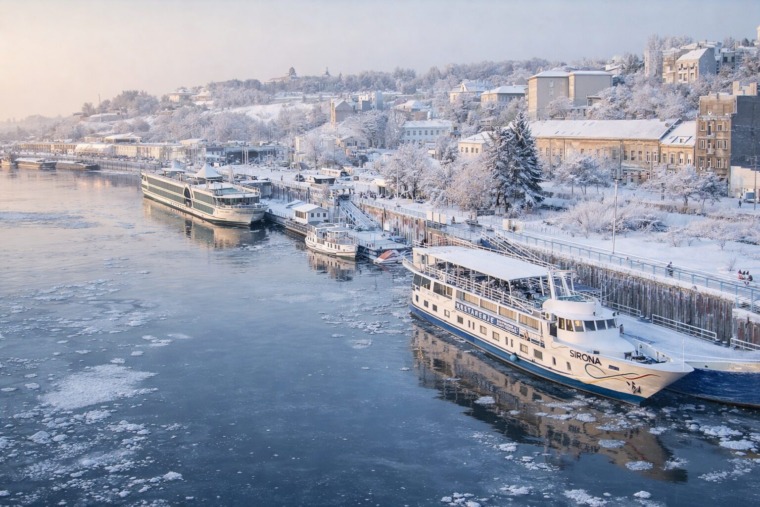
Danube Travel in Serbia: Winter Destinations Guide
January 11, 2026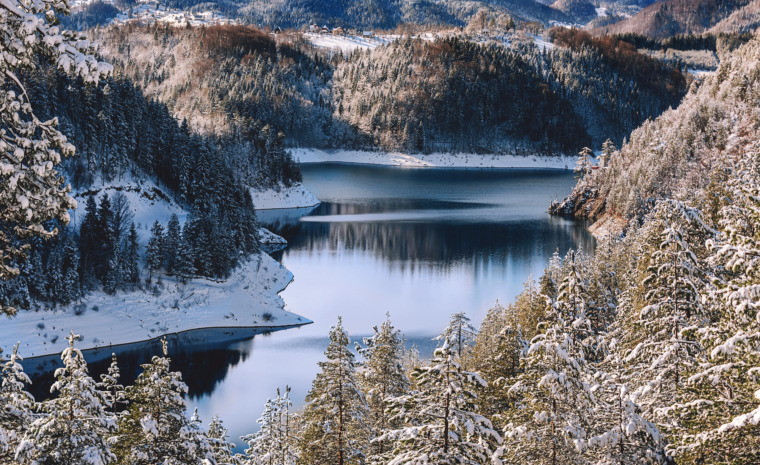
Zaovine on Tara: Serbia’s Winter Wonderland
January 5, 2026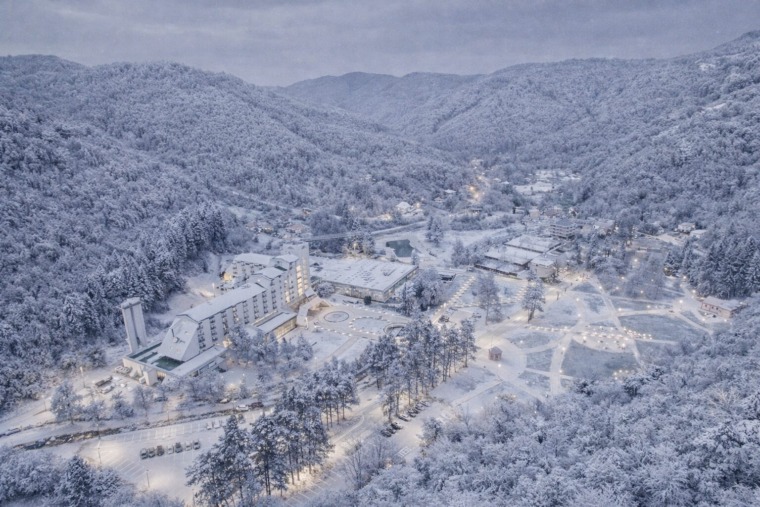
Kuršumlijska Banja: Serbia’s Quiet Winter Spa Escape
December 30, 2025